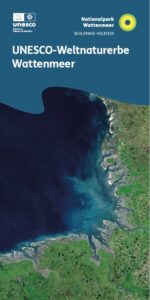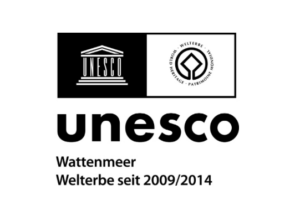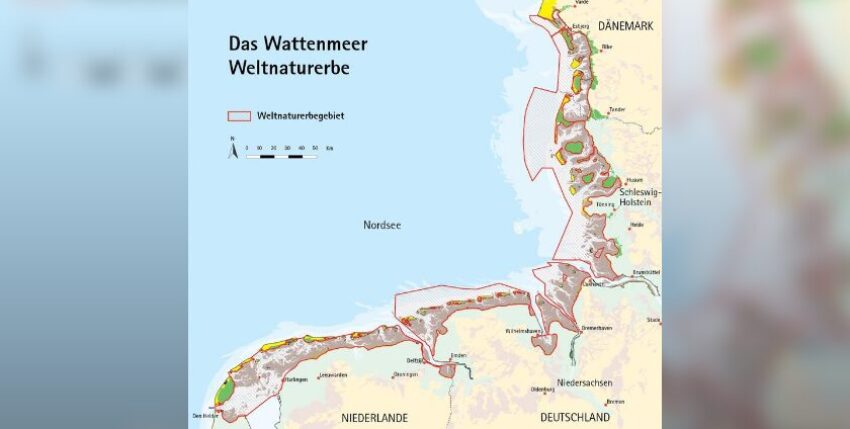The German Federation for the Environment and Nature Conservation (BUND) is calling for better protection of the Wadden Sea in the expansion of offshore wind energy and planned natural gas extraction, particularly in order to preserve the title of "UNESCO World Heritage Site". The protection of the Wadden Sea must be consistently prioritised over economic interests, as the status of the area is severely threatened by exploitation interests.
In the last status report from September 2023, the UNESCO World Heritage Commission declared that the extraction of raw materials was incompatible with the Wadden Sea's World Heritage status. UNESCO therefore called on Germany and the Netherlands to refrain from oil and gas extraction in the Wadden Sea and its immediate surroundings.
In a position paper, BUND therefore calls for a ban on oil and gas extraction in the Wadden Sea. This should also apply to projects that are located outside the Wadden Sea but could have an impact on the natural area. According to BUND, the expansion targets for offshore wind power and the necessary power lines through the Wadden Sea should also be reduced.
More commitment and an effective programme of measures are expected from politicians in order to preserve the globally unique value of the Wadden Sea, to limit the impact of exploitation interests to an acceptable level and to maintain its status as a World Heritage Site, said the state chairwoman of BUND Lower Saxony.

UNESCO protection status is a great way to advertise, but it is also an obligation for the three coastal countries to fulfil the protection requirements formulated by UNESCO. A dilemma when it comes to economic interests, and not just for the industry.
Background info
The Wadden Sea World Heritage Site stretches along the North Sea coast from the Netherlands via Germany to Denmark and covers an area of around 11,500 square kilometres. Around 2,300 plant and animal species live in and from the salt marshes, while the brackish water zones are home to a further 2,700 species. Mammals living in the Wadden Sea include harbour seals, grey seals and harbour porpoises. Mussels, crabs and worms cavort in the mud. The mudflats are spawning grounds and nurseries for numerous marine fish, such as plaice and sole, and the large food supply of the Wadden Sea is indispensable for migratory birds.
Wadden Sea National Park
In 2009, the German-Dutch Wadden Sea was added to the UNESCO World Heritage List. In 2011, the Hamburg Wadden Sea was added and in 2014 the Danish part followed together with a seaward extension of the Lower Saxony Wadden Sea.
The prerequisite for the inclusion of a site on the UNESCO World Heritage List is its "Outstanding Universal Value". This means that the site must fulfil at least one of the ten selection criteria and the high standards of integrity, protection and management.
The Wadden Sea is of outstanding global significance due to its "geological and ecological processes" and its importance for the "conservation of biodiversity". Based on these criteria, it has been recognised by UNESCO as a World Heritage Site and is on a par with other world-famous natural wonders such as the Grand Canyon in the USA and the Great Barrier Reef off the coast of Australia.

Definition of
World Heritage Sites are testimonies to past cultures, material traces of encounters and exchanges, artistic masterpieces and unique natural landscapes. What they have in common is their exceptional universal value, their significance not only for national or local communities, but for humanity as a whole. The protection and sustainable preservation of these sites is therefore the responsibility of the entire international community.
Source: Hamburger Abendblatt, BUND, UNESCO








